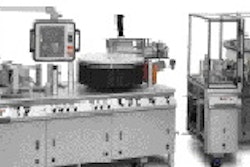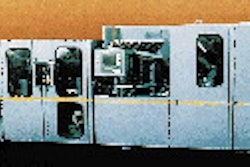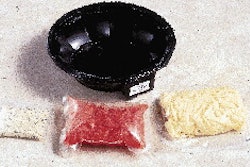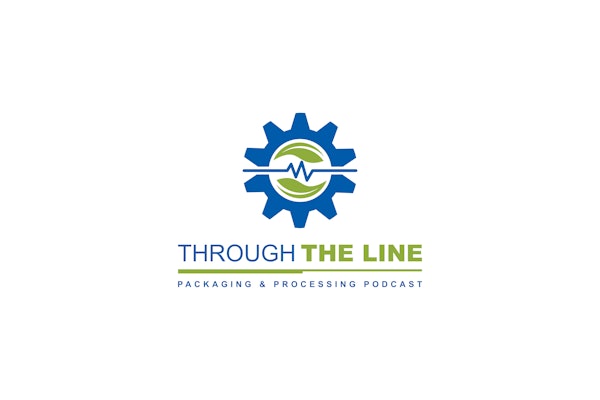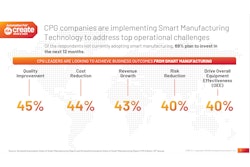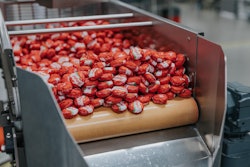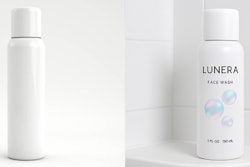The company calls it the "branded-no-brand" approach.
"The package looks like a store brand, even though it's not," says company owner Rod Harris.
The strategy? Harris is targeting small- to medium-sized supermarket chains that might not have the kind of budget required to actually develop their own private label. Such stores, he thinks, would still like to convey the impression that they carry a store brand, and the packaging employed by Harry's Fresh Foods lets them do that.
The products are a line of side dishes, soups and entr/es, all of them fresh, refrigerated and ready-to-eat after warming in a conventional or microwave oven. The company cooks them in small batches, fills them into trays or tubs of dual-ovenable crystallized polyethylene terephthalate, applies a clear film lidding and quick-chills them. Refrigerated shelf life is 45 days.
Until this summer, the paper sleeve applied over the containers, which carries all graphics and product information, featured the name of the company as prominently as any nationally branded item would. But now a new sleeve carries the Harry's name only on the back of the package. The front portion of the sleeve has copy that describes the product and net weight, but little else. Supplied by Stoneway (Seattle, WA), the sleeves are 17-pt SBS with a water-resistant PE coating and are printed offset in four colors.
Just reaching stores, primarily in the West, as Packaging World goes to press, the 11-oz soups sell for about $1.99, 11-oz sides for $2.25 and 16-oz entr/es for $3.25.
